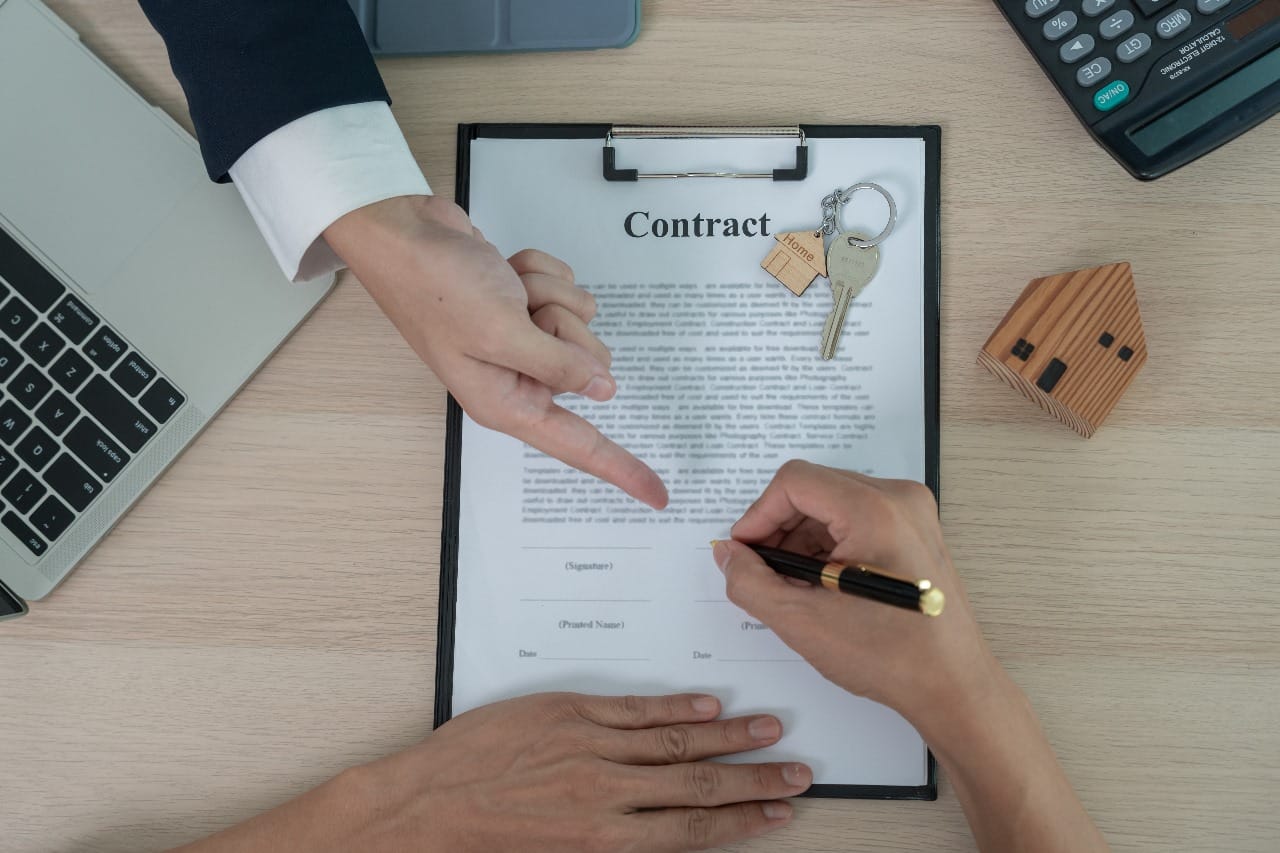
Non-payment of rent can present significant challenges for landlords in Dubai, impacting cash flow and property management. However, handling these situations delicately and within legal frameworks is essential to maintaining landlord-tenant relationships and ensuring compliance. Here’s a guide to best practices when dealing with non-payment of rent in Dubai:
- Clear and Detailed Lease Agreement
Importance: A well-drafted lease agreement forms the foundation for managing rent payments. It should clearly outline:- Rent Amount and Due Date: Specify the amount of rent, due date, and acceptable payment methods.
- Late Payment Penalties: Include provisions for late payment penalties to encourage timely payments and deter defaults.
- Grace Period: Define any grace period before late fees or legal actions are initiated.
- Prompt Communication
Early Intervention: At the first sign of missed payment, initiate communication with the tenant:- Reminder Notices: Send polite reminders promptly after the due date if payment is not received.
- Personal Contact: Consider calling or meeting the tenant to discuss the issue and explore reasons for non-payment.
- Offer Flexible Payment Arrangements
Options: Depending on circumstances, consider offering:- Installment Plans: Allow tenants to pay overdue rent in installments alongside current rent payments.
- Temporary Rent Reduction: Negotiate temporary rent reductions if tenants are facing financial difficulties.
- Legal Considerations
Know the Law: Familiarize yourself with Dubai’s rental laws regarding non-payment of rent:- Notice Requirements: Follow legal procedures for issuing notices of non-payment and give tenants adequate time to remedy the situation.
- Legal Recourse: If efforts fail, understand the process for filing a case with the Rental Dispute Settlement Center (RDSC) or Dubai Courts.
- Professional Mediation
Benefits: Consider using mediation services provided by the RDSC:- Neutral Ground: Mediation allows both parties to discuss issues and explore mutually acceptable solutions under the guidance of a neutral mediator.
- Avoids Litigation: Often resolves disputes more quickly and cost-effectively than going to court.
- Document Everything
Importance: Maintain comprehensive records of all communication and actions taken:- Notices: Keep copies of all notices served to the tenant regarding non-payment.
- Correspondence: Document all email exchanges, letters, and meeting notes related to rent collection efforts.
- Seek Professional Advice
Legal Guidance: Consult with a property lawyer or a reputable property management company in Dubai:- Expertise: Professionals can provide valuable guidance on legal requirements, procedural steps, and best practices tailored to Dubai’s rental market.
- Representation: They can represent you in legal proceedings if necessary, ensuring compliance with all legal formalities.
Conclusion
Dealing with non-payment of rent in Dubai requires a balanced approach that prioritizes legal compliance, effective communication, and respect for tenant rights. By implementing these best practices and seeking appropriate guidance when needed, landlords can navigate rent collection challenges more effectively, mitigate risks, and maintain positive landlord-tenant relationships. Remember, proactive management and clear communication often lead to faster resolutions and smoother property management experiences.









